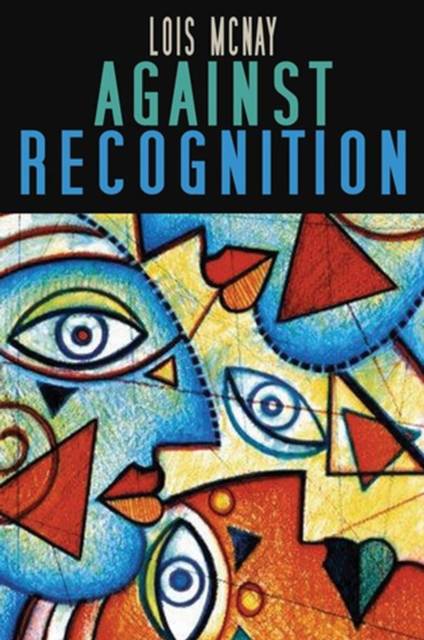
Bedankt voor het vertrouwen het afgelopen jaar! Om jou te bedanken bieden we GRATIS verzending (in België) aan op alles gedurende de hele maand januari.
- Afhalen na 1 uur in een winkel met voorraad
- In januari gratis thuislevering in België
- Ruim aanbod met 7 miljoen producten
Bedankt voor het vertrouwen het afgelopen jaar! Om jou te bedanken bieden we GRATIS verzending (in België) aan op alles gedurende de hele maand januari.
- Afhalen na 1 uur in een winkel met voorraad
- In januari gratis thuislevering in België
- Ruim aanbod met 7 miljoen producten
Zoeken
Omschrijving
The idea of the struggle for recognition features prominently in the work of various thinkers from Charles Taylor and Jurgen Habermas to Axel Honneth and Nancy Fraser who are concerned with the centrality of issues of identity in modern society. In differing ways, these thinkers use the idea of recognition to develop accounts of the individual which are opposed to the asocial individualism of liberal thought and to the abstraction of much work on the subject.
The idea of recognition expresses the notion that individuality is an intersubjective phenomenon formed through pragmatic interactions with others. By highlighting the intersubjective features of individuality, the idea of recognition has both descriptive and normative content and it has important implications for a feminist account of gender identity.
In this brilliant and original book, Lois McNay argues that the insights of the recognition theorists are undercut by their reliance on an inadequate account of power. The idea of recognition relies on an account of social relations as extrapolations of a primal dyad of interaction that overlooks the complex ways in which individuality is connected to abstract social structures in contemporary society.
Using Bourdieu's relational sociology, McNay develops an alternative account of individual agency that connects identity to structure. By focussing on issues of gender identity and agency, she opens up new pathways to move beyond the oppositions between material and cultural feminisms.
The idea of recognition expresses the notion that individuality is an intersubjective phenomenon formed through pragmatic interactions with others. By highlighting the intersubjective features of individuality, the idea of recognition has both descriptive and normative content and it has important implications for a feminist account of gender identity.
In this brilliant and original book, Lois McNay argues that the insights of the recognition theorists are undercut by their reliance on an inadequate account of power. The idea of recognition relies on an account of social relations as extrapolations of a primal dyad of interaction that overlooks the complex ways in which individuality is connected to abstract social structures in contemporary society.
Using Bourdieu's relational sociology, McNay develops an alternative account of individual agency that connects identity to structure. By focussing on issues of gender identity and agency, she opens up new pathways to move beyond the oppositions between material and cultural feminisms.
Specificaties
Betrokkenen
- Auteur(s):
- Uitgeverij:
Inhoud
- Aantal bladzijden:
- 240
- Taal:
- Engels
Eigenschappen
- Productcode (EAN):
- 9780745629322
- Verschijningsdatum:
- 4/02/2008
- Uitvoering:
- Paperback
- Formaat:
- Trade paperback (VS)
- Afmetingen:
- 152 mm x 227 mm
- Gewicht:
- 403 g

Alleen bij Standaard Boekhandel
+ 85 punten op je klantenkaart van Standaard Boekhandel
Beoordelingen
We publiceren alleen reviews die voldoen aan de voorwaarden voor reviews. Bekijk onze voorwaarden voor reviews.









